EDITORIAL
Published on 20 Jul 2022
Editorial: How to improve neuroscience education for the public and for a multi-professional audience in different parts of the globe
doi 10.3389/fnhum.2022.973893
- 1,533 views
33k
Total downloads
223k
Total views and downloads
Select the journal/section where you want your idea to be submitted:
EDITORIAL
Published on 20 Jul 2022
PERSPECTIVE
Published on 12 May 2022
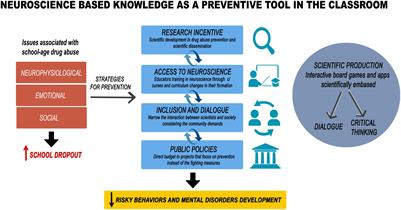
PERSPECTIVE
Published on 28 Apr 2022

ORIGINAL RESEARCH
Published on 04 Mar 2022
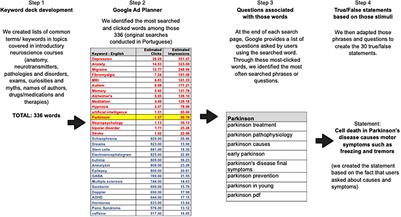
ORIGINAL RESEARCH
Published on 28 Feb 2022
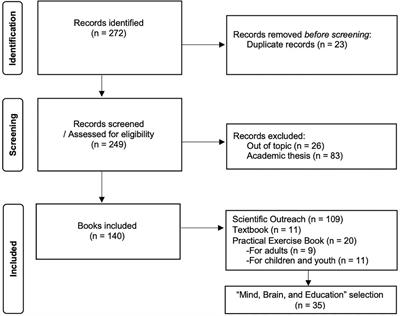
REVIEW
Published on 03 Dec 2021
ORIGINAL RESEARCH
Published on 28 Sep 2021
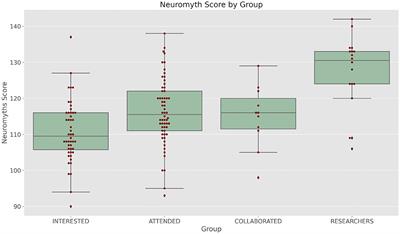
CONCEPTUAL ANALYSIS
Published on 03 Sep 2021
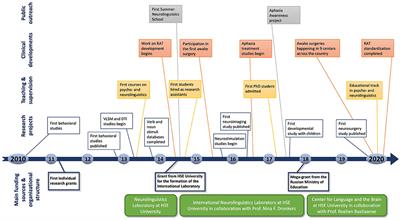
ORIGINAL RESEARCH
Published on 11 Aug 2021
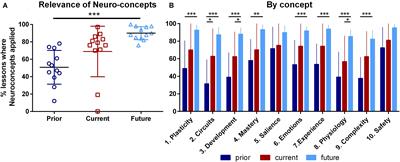
PERSPECTIVE
Published on 11 Aug 2021
ORIGINAL RESEARCH
Published on 18 Jun 2021
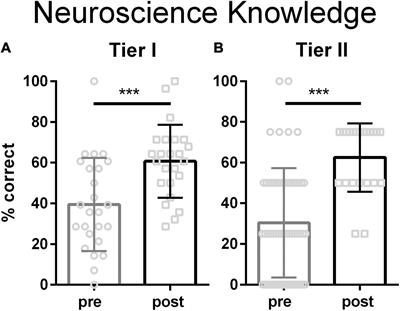
ORIGINAL RESEARCH
Published on 11 May 2021
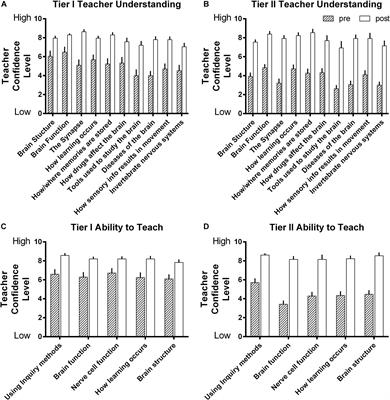

Frontiers in Education
Educational PsychologyOffline
Frontiers in Psychology